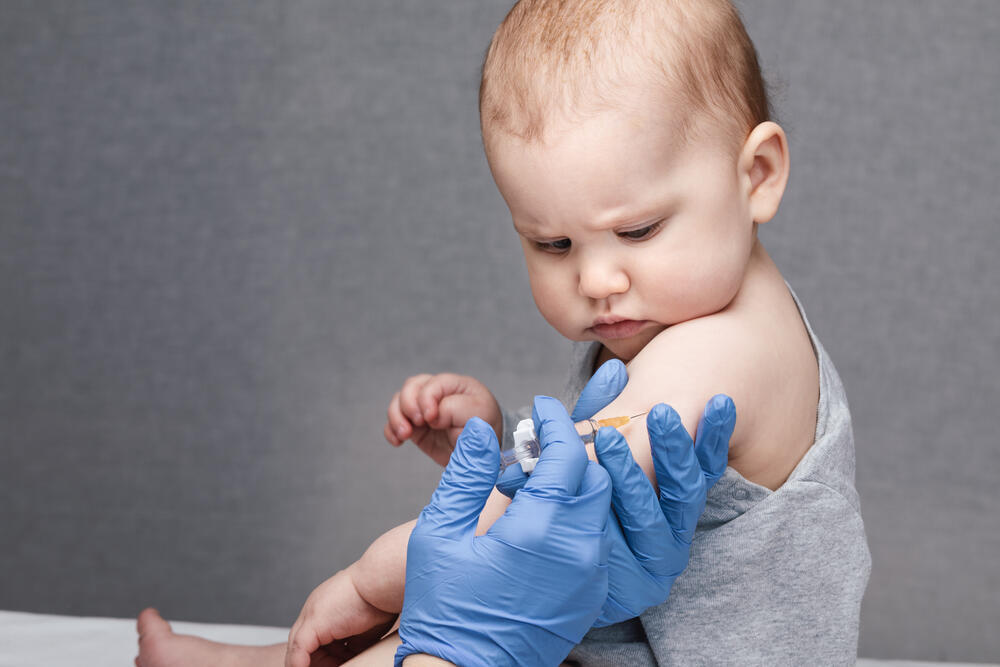There was a significant rise in the number of cases of whooping cough in 2023, according to the Health Ministry's data. It is a highly contagious respiratory disease caused by the Bordetella Pertussis bacteria and can cause serious illness, especially in babies and small infants. Pertussis vaccines play a crucial role in preventing disease outbreaks.
Read more:
Disease prevention
Vaccines provide active immunity by stimulating the immune system to produce specific antibodies against the pertussis bacteria. This helps prevent infection or reduce the severity of the disease, if someone does become infected. Vaccinated people are less likely to get whooping cough and their immune system is better protected against the disease.
1 View gallery


We should all get vaccinated so babies and infants don't experience severe consequences
(Photo: Shutterstock)
Communal protection
The vaccine helps create herd immunity, an indirect form of protection for unvaccinated individuals when a significant percentage of the community is vaccinated. Thus the spread of the disease is significantly reduced, also protecting those who are unable to receive the vaccine due to age, prior medical conditions or other factors, including infants who are too young to receive a vaccine, but at the same time are at high risk of serious whooping cough complications.
Outbreak control
Whooping cough is highly contagious and can spread quickly. This vaccine helps prevent outbreaks by reducing the susceptibility of people who can transmit the disease. When the vaccination rates are high, the bacteria have difficulty finding a new host, which effectively stops the chain of infection.
Protection of high-risk people
Infants, pregnant women and people with weakened immune systems are at higher risk of serious complications and even death from pertussis. It is recommended to vaccinate pregnant women throughout their pregnancy (preferably between the 27th and 36th week of pregnancy) in order to provide them with passive immunity for their babies, until they can receive their own vaccines. By vaccinating the most vulnerable people, the risk of serious illness and its accompanying complications is significantly reduced.
Cost-benefit
Vaccination is a cost-effective strategy, compared to the expenses incurred in treating cases of whooping cough, managing outbreaks, and dealing with the long-term health consequences of the disease. The vaccines not only protect people but also reduce the economic burden caused by the outbreak of the disease.
 Prof. Yosef Peres
Prof. Yosef PeresPertussis vaccines are critical in preventing the outbreak of the disease, by providing both personal and communal protection, controlling disease outbreaks and protecting people at high risk. Pertussis vaccines play a critical role in reducing the burden of this infectious respiratory disease. My personal recommendation is - go get vaccinated and that way we will get through the coming epidemic.
- Prof. Yosef Peres is the president of the "Lema'anchem" organization and former director of the Schneider Children's Hospital

